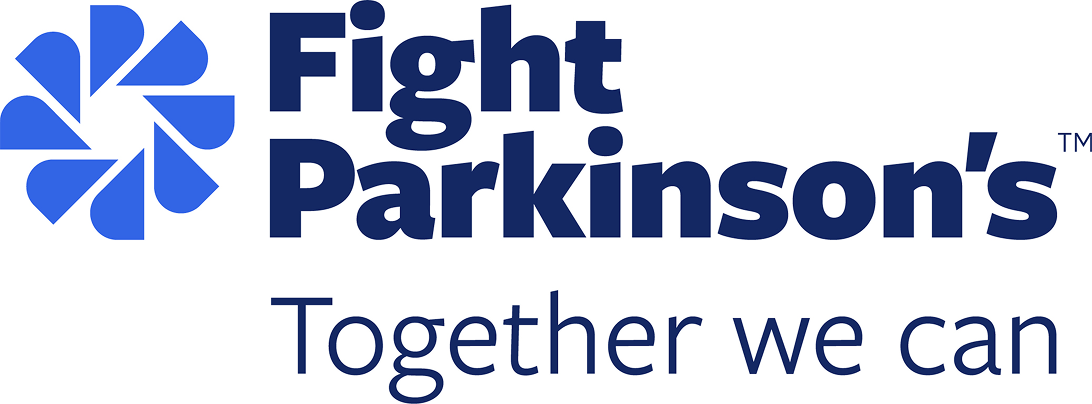Fight Parkinson’s is Australia’s leading support organisation with a dedicated commitment to research, education, and support for people living with an Atypical Parkinson’s. Clinically, conditions often defined as Atypical Parkinson’s include Progressive Supranuclear Palsy (PSP), Multiple System Atrophy (MSA), and Corticobasal Syndrome (CBS).
These are rare conditions that initially present like Parkinson’s but have different causes, symptoms, and rates of progression. It’s not yet known what causes PSP, MSA or CBS and there are currently no treatments to cure, prevent, or slow their progression. Treatments, therapies, and strategies are available, to help people manage their symptoms and to make the most of life with these conditions.
Living with PSP, MSA or CBS
Living with an atypical condition can be extremely isolating and challenging.
People and their families often feel marginalised. Fight Parkinson’s recognises the atypical conditions and their diversity, and we show care through action.

